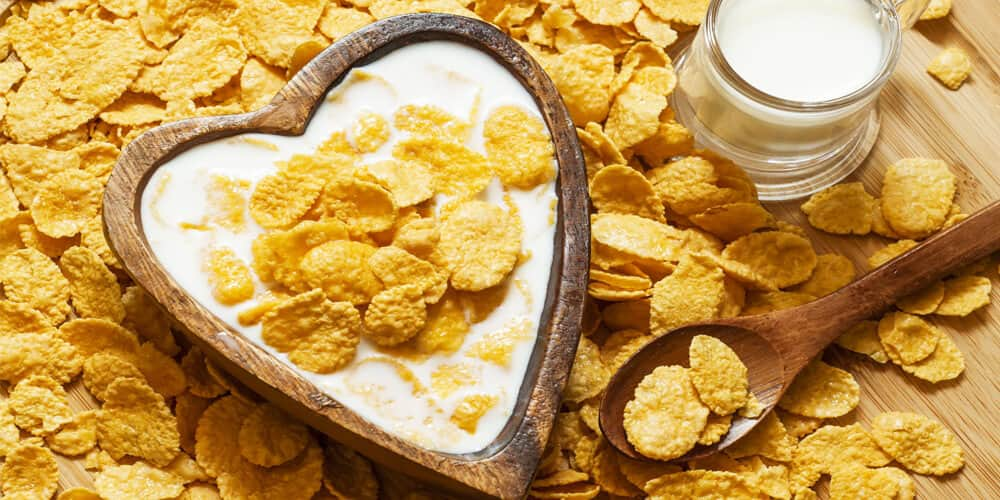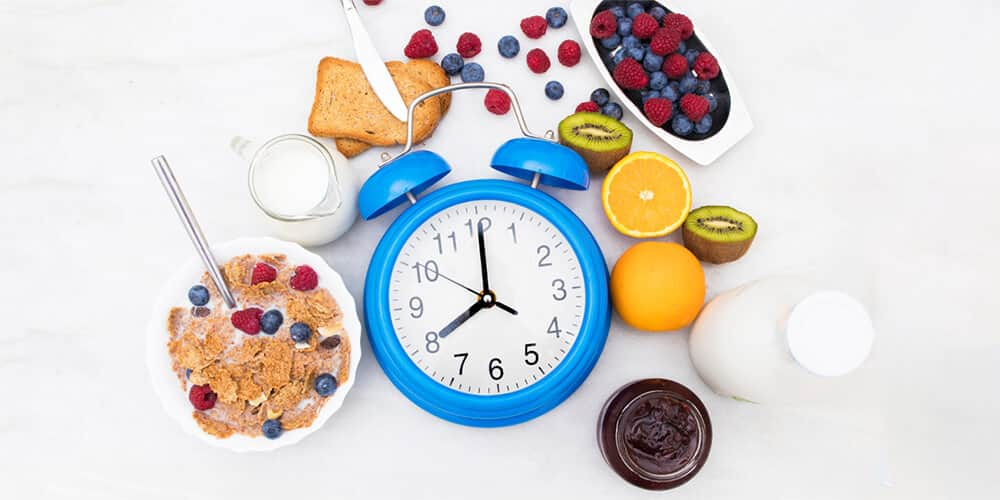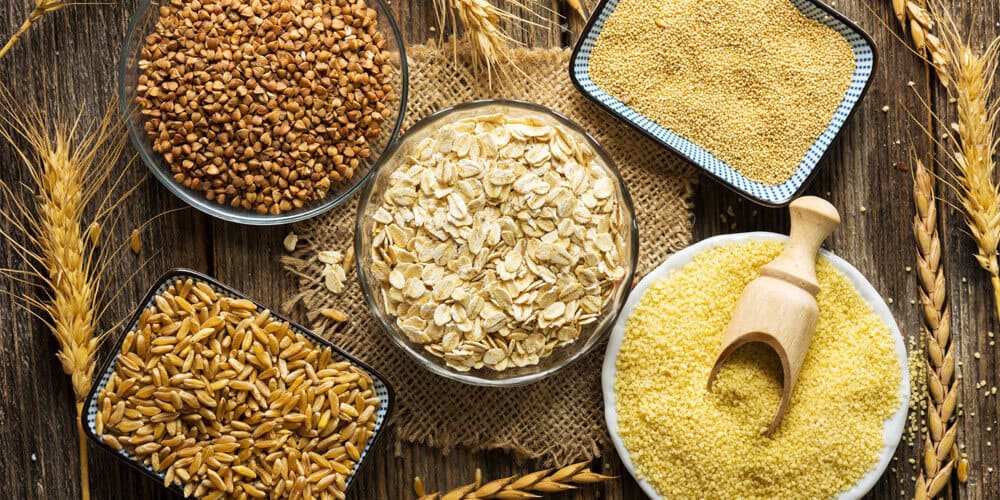
Cereal and Milk – a Unique Contribution to the Daily Diet
In addition to being a convenient, nutritious and tasty start to each morning, cereal provides an excellent way for families to enjoy dairy products and all of its benefits.
Cereal is one of the most popular breakfast foods in many countries. It is nutritious because it provides several key nutrients for relatively few calories. Cereal, including pre-sweetened cereal, supplies B vitamins, vitamin D and minerals like iron, calcium and zinc that are essential for good health. Despite its many assets, breakfast cereal is sometimes misunderstood. Let’s see how well you know cereal.
Myth 1: Breakfast cereal is heavily processed.
Fact: Making breakfast cereal is a simple process that starts with wholesome grains like wheat, rice, corn, barley, and oats. For example, sun-ripened golden corn is simply cooked, lightly flattened and then gently toasted to make them into ready-to-eat cereals in just a few steps. Ready-to-eat cereal helps you to start your day with energy and key nutrients that you would otherwise miss if you skip breakfast.
Myth 2: Breakfast cereal eaters have been found to have higher BMI (Body Mass Index).
Fact: Regular breakfast cereal eaters have been found to have lower BMI. Research suggests that ready-to-eat cereal consumers were less likely to be overweight/obese or have abdominal obesity as compared to other breakfast consumers. Eating cereal as part of a nutritious breakfast and an overall healthy lifestyle may help promote healthy weight in adults and kids.
Myth 3: Breakfast cereals are “less nutritious” than other breakfast choices.
Fact: Cereal ranks as one of the most popular breakfast options available. Research reviews have shown that regular breakfast cereal eaters have lower intake of fat and cholesterol, enhanced micronutrient intake, higher milk intake, lower serum cholesterol concentrations and overall improved nutritional status. Ready-to-eat cereals are made from grains that are typically low in fat, naturally cholesterol free and provide protein and fibre. They are also fortified with key vitamins and minerals essential for good health. Ready-to-eat cereals offer great variety along with convenience making them a great way to start the day!
Myth 4: Most cereals are “high” in carbohydrates and that is not good for health.
Fact: Food guides and health authorities around the world recommend whole grains, fibre, fruits, and vegetables, as an important foundation for a healthy diet. All these are carbohydrates, which breakdown in the body to provide glucose- the preferred fuel for the brain and body. Carbohydrates provide the much-needed energy to the body when consumed for breakfast after an overnight fast of 10-12 hours.
Did you know fibre is a type of carbohydrate?
Fibre is a complex carbohydrate that offers many health benefits. Research studies have shown that majority of people don’t get enough fibre and hence are unable to meet their daily fibre requirements. Many of Kellogg’s breakfast cereals are high in fibre or can be considered at least a source of fibre.
References
Helping consumers make informed food choices

In addition to being a convenient, nutritious and tasty start to each morning, cereal provides an excellent way for families to enjoy dairy products and all of its benefits.

We’ve all heard that breakfast is the most important meal of the day. So with a serving of delicious Kellogg’s cereal as part of a balanced breakfast, you can provide your family with a nutritious and happy start to the day.

Today cereal grains form the foundation of a healthy diet for millions of people. Simply put, grain-based foods help to supply you with the fuel you need so you can make the most of every day.
Mars Completes Acquisition of Kellanova. Read More